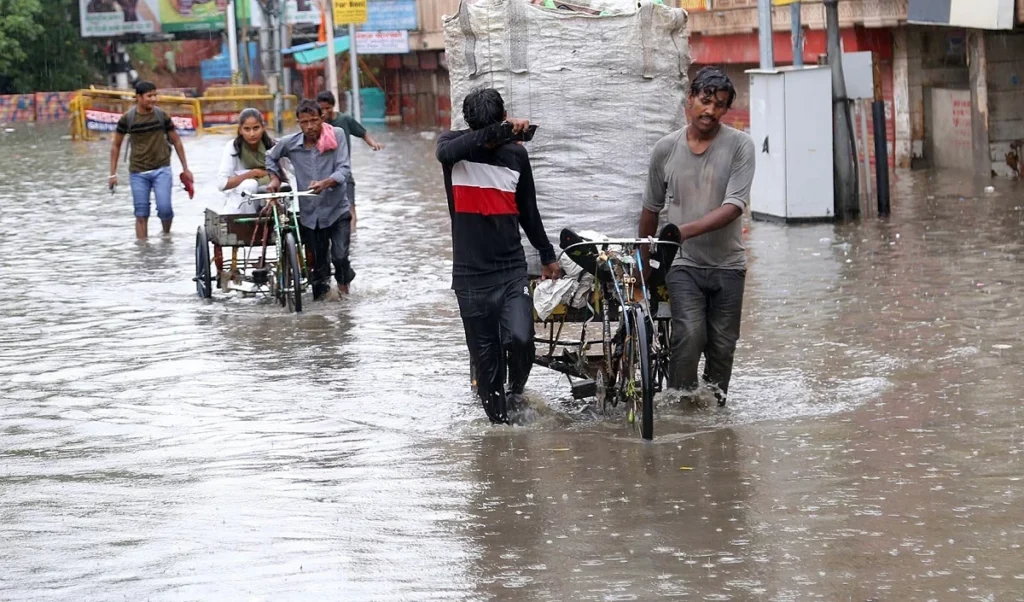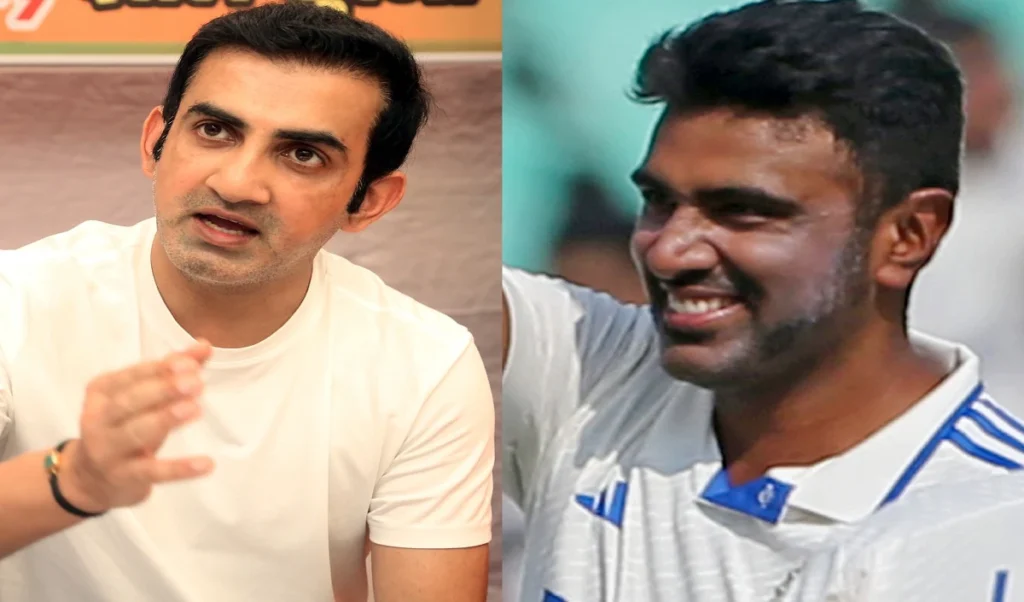Chief Justice of India (CJI) Chandrachud is going to step down from his post soon. Earlier, DY Chandrachud has formally proposed Justice Sanjiv Khanna, the second most senior judge of the Supreme Court, as his successor. In a letter sent to the Central Government, Chief Justice Chandrachud said that he is leaving his post on November 10. In such a situation, Justice Khanna will be his successor.
If approved by the government, Justice Khanna will become the 51st Chief Justice of India. His tenure will be for six months, ending on May 13, 2025, followed by his superannuation. The letter has been written in accordance with the tradition in which the retired Chief Justice of India nominates the second most senior judge as his successor. After this the Central Government approves the recommendation.
Justice Chandrachud took over as CJI on November 9, 2022. Supreme Court judges retire at the age of 65. Born on 14 May 1960, Justice Khanna registered as an advocate with the Delhi Bar Council in 1983 and practiced initially in the district courts at Tis Hazari Complex and later in the Delhi High Court and tribunals.
In 2005, he was elevated as Additional Judge of the Delhi High Court and in 2006, he was made a permanent judge. Justice Khanna was elevated as a judge of the Supreme Court on January 18, 2019. Dhananjay Yashwant Chandrachud, born 11 November 1959, is an Indian jurist who is the 50th and current Chief Justice of India, serving since November 2022.
He was appointed a judge of the Supreme Court of India in May 2016 and previously served as the Chief Justice of the Allahabad High Court from 2013 to 2016 and a judge of the Bombay High Court from 2000 to 2013. CJI Chandrachud is educated at Delhi University and Harvard University and has practiced as a lawyer at Sullivan & Cromwell and the Bombay High Court. He has been part of benches that have delivered landmark judgments such as the Electoral Bond Scheme, Ram Janmabhoomi, Sabarimala, same-sex marriage and abolition of the special status of Jammu and Kashmir.



